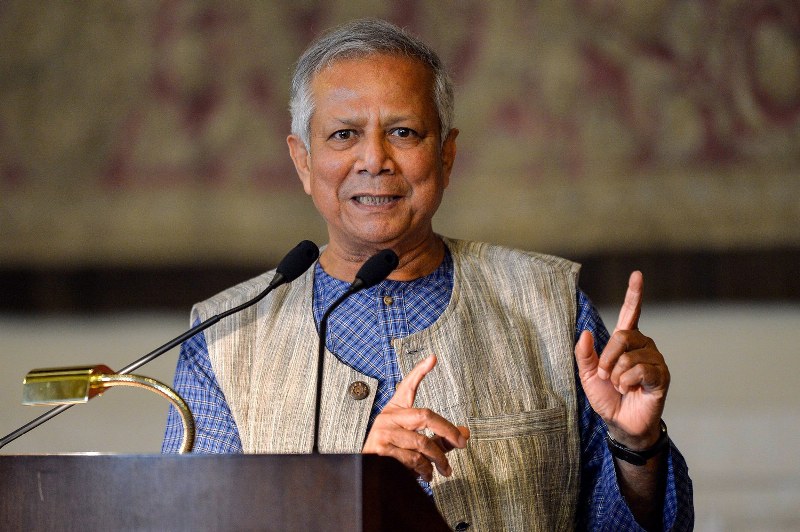Less than a week after the Mohammad Yunus-led interim government took charge of the reins of a violence-torn and deeply divided post-Sheikh Hasina Bangladesh, the administrative arrangement in Dhaka already appears to be plagued by external and internal problems that could threaten its smooth functioning.
Northeast News has reliably learnt that a “power imbalance” among the members of the interim government is at the root of a “new politics” that was “largely unforeseen” when the 17 advisors were put together on and immediately after August 8 when Yunus took oath of office.
At the centre of the problem that has afflicted the interim government is the disproportionate influence that Dhaka University law professor Asif Nazrul has been exercising – from selecting the advisors to elbowing out more experienced and “knowledgeable” alternatives who names had been suggested before.
The names of potentially efficient administrators such as noted economist Debapriya Bhattacharya, Power and Participation Research Centre Executive Director Hossain Zillur and Badiul Alam Mazumdar, Vice-President and Country Director of The Hunger Project, a US-based charity organisation, among others such as Bangladesh Institute of Peace and Security Studies (BIPSS) head Maj Gen (retd) Maniruzzaman were struck off at behest of Nazrul.
While there are no clear answers on why the interim government is “floundering”, Bangladeshi sources said that “this is not the country’s best kept secret at the moment even as at least three members do not have a clean financial background”.
Speaking to Northeast News on the condition of anonymity, a senior Bangladeshi official familiar with the “wrangling” said that suggestions to improve the functioning of the interim body “were glossed over” by none other than Yunus who is “yet to get down to business even as he is in charge of 27 ministries”.
Already, political analysts and security strategists are “surprised” by the inclusion of Farida Akhter, whose poet-writer husband Farhat Mazhar is said to have close links with the Hizbut Tehrir-Bangladesh, an outfit that was banned in October 2009 but not after the then chief coordinator of the organisation, Mohiuddin Ahmed, a Dhaka University professor, was forced into retirement before being charged under the 2016 Anti-terrorism Act.
Indian security agency sources suspect that the Hizbut Tehrir-Bangladesh began to be reorganise and regroup in the backdrop of the political-electoral developments in 2023 when US agencies also became active in “pushing” in favour of the Jamaat-e-Islami’s revival in Bangladesh.
The sources said they have reasons to believe that the proposed political party to be launched at the behest of the students, who are guided by strong anti-India sentiments, will ultimately seek to dislodge both the Awami League and the Bangladesh Nationalist Party (BNP), besides the Jamaat-e-Islami, to form a broad coalition of radical forces.
This, the sources added, could have short, medium and long-term consequences for Indian security concerns, especially in the north-east.















